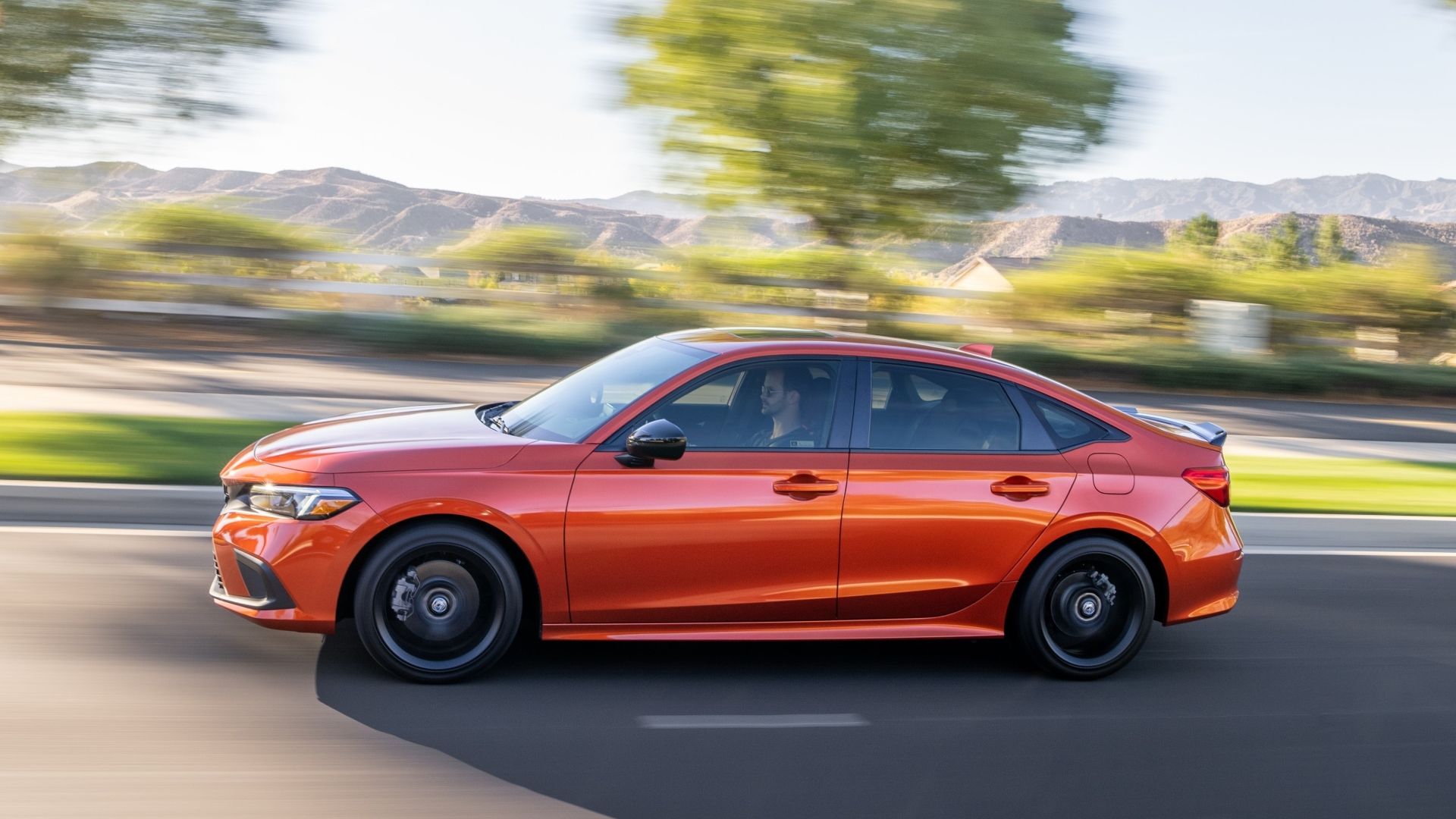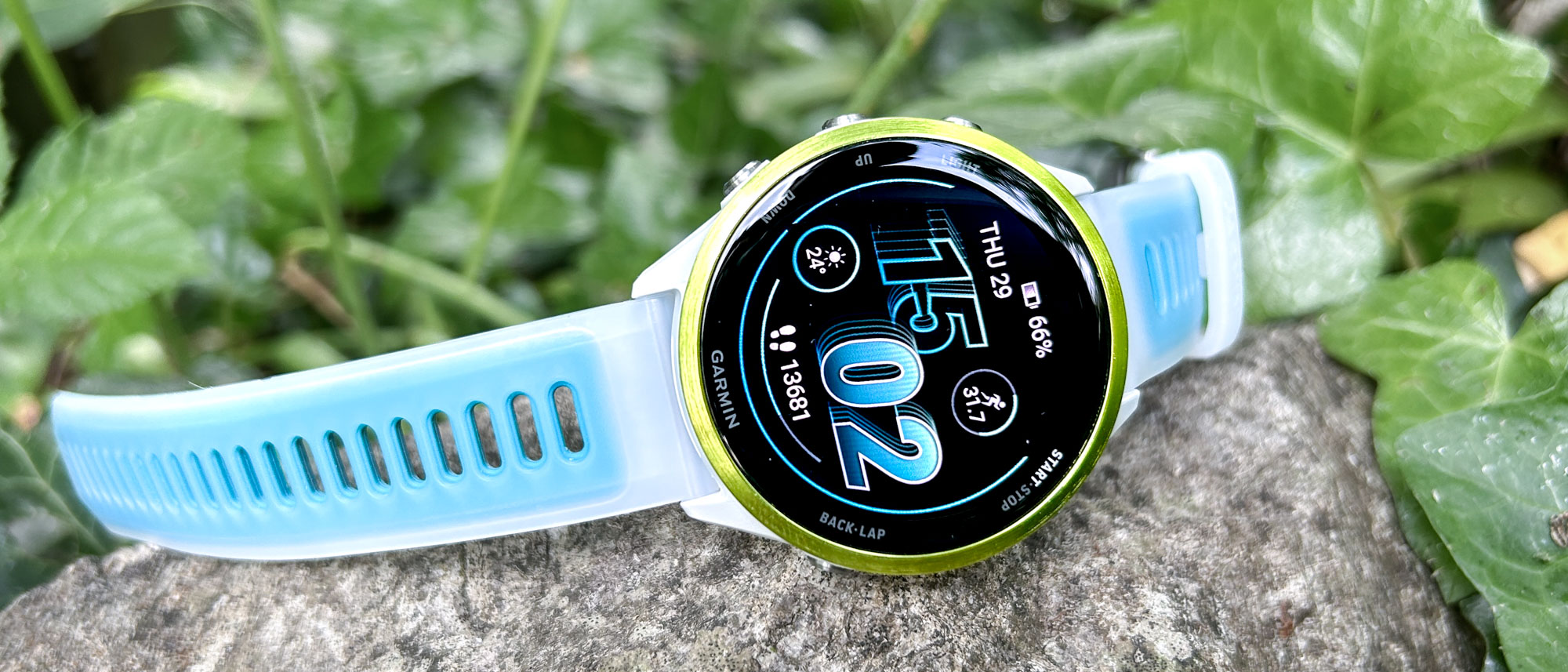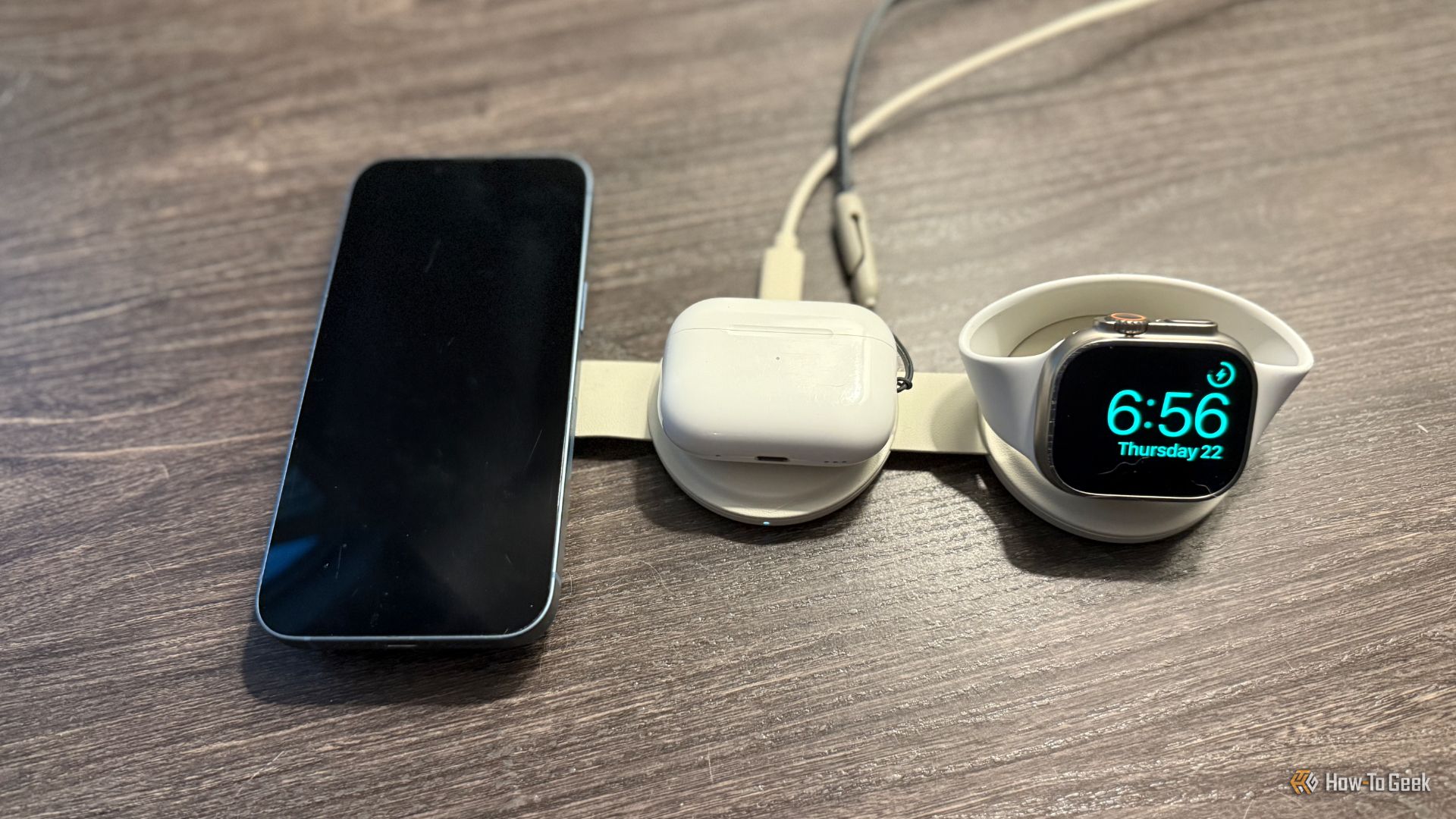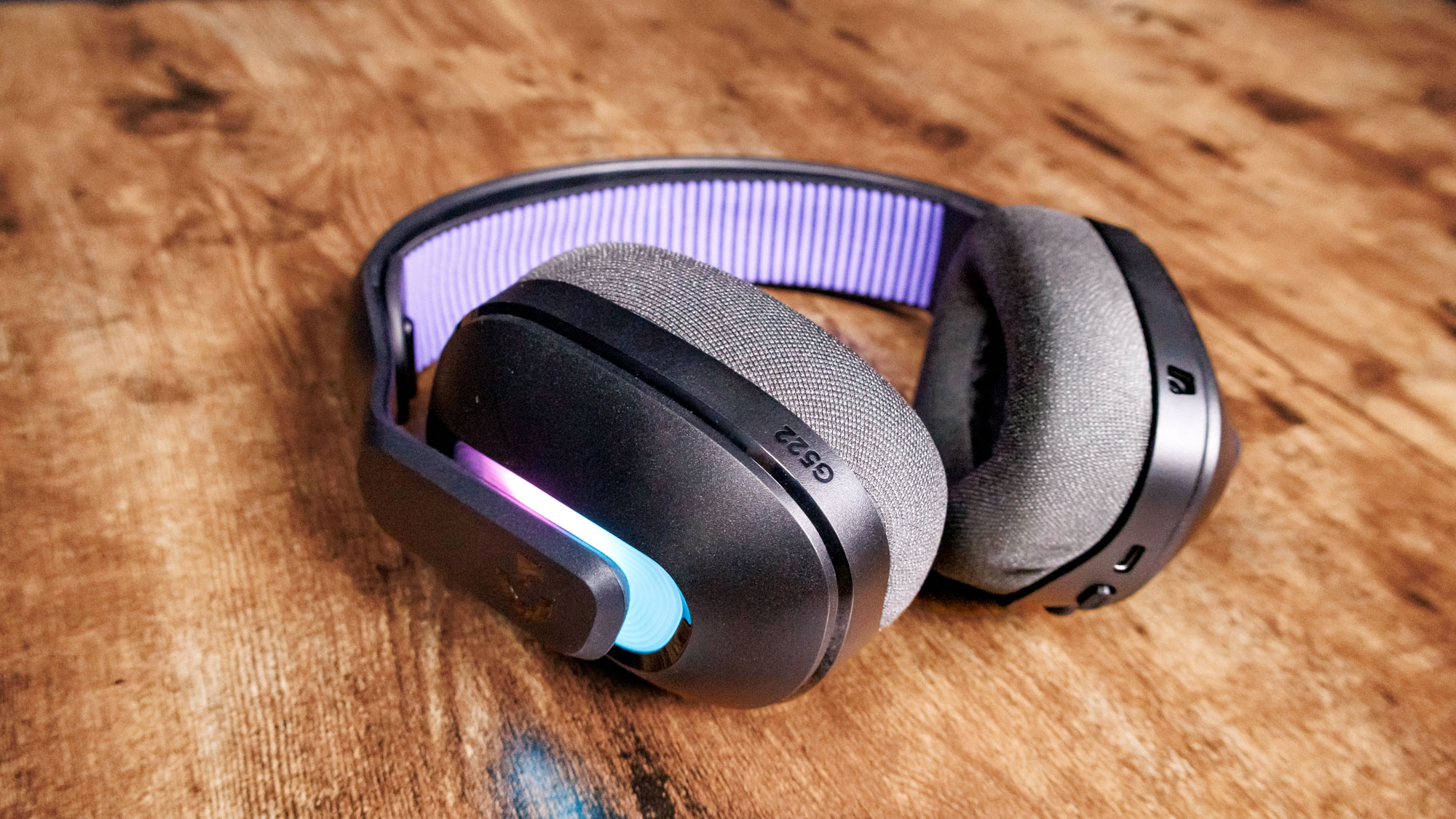Which Fitbit Fitness Tracker or Smartwatch Should You Buy?
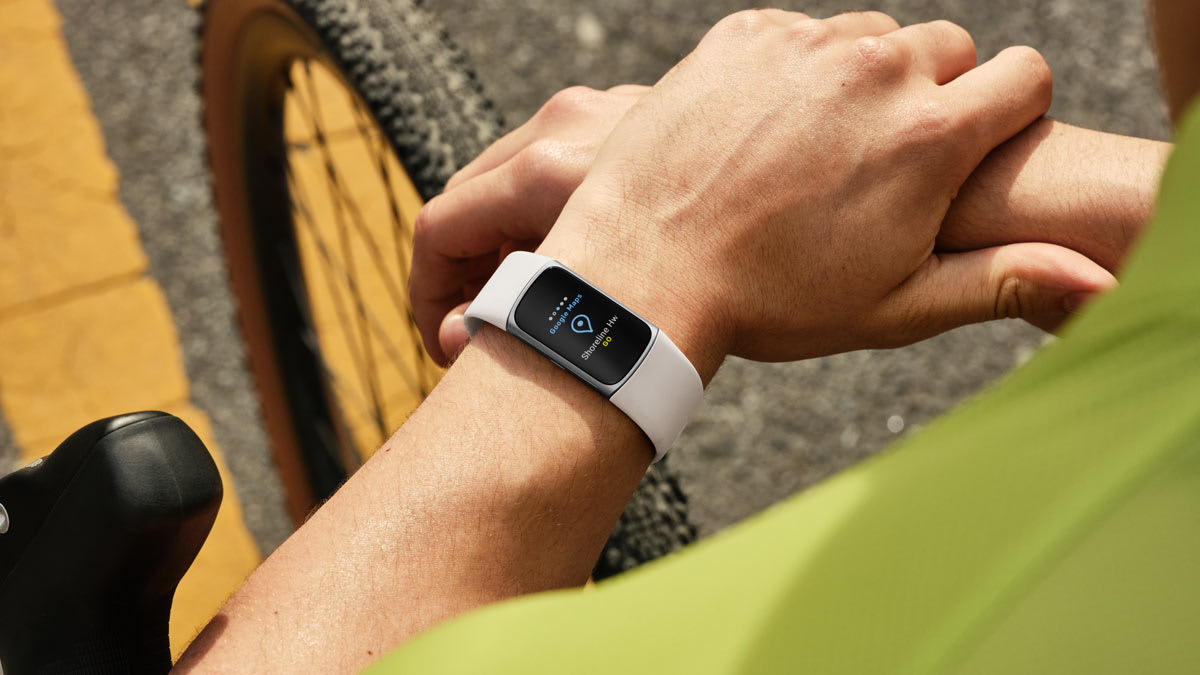
The line between a basic fitness tracker and a smartwatch has blurred in recent years within Fitbit’s lineup, too. Fitness trackers tend to be designed for basic monitoring of health metrics, like your steps and sleep, though some offer more advanced sensors and features like heart rhythm monitoring and built-in GPS.
Smartwatches, by comparison, tend to have larger displays with changeable bands, more advanced sensors, and more connectivity with your phone, such as the ability to take calls using the watch’s built-in speaker. But smartwatches tend to have a shorter battery life—and a larger price tag.
Consider how you plan to use your Fitbit. Are you just looking to boost your daily movement and track basic health data in the Fitbit app? Or do you want full connectivity with your smartphone, including the ability to easily read emails and reply to texts from your wrist?
If you want a pared-down fitness tracker: Fitbit offers the feature-filled Charge 6, the slimmer and value-priced Inspire 3, and the sleek-looking Fitbit Luxe.
If you want a fuller-featured smartwatch: Fitbit offers the well-rounded Versa 4 and the stress-focused Sense 2. Because Fitbit is now owned by Google and certain features are shared across product lines, you may also want to consider the Google Pixel Watch 3, a premium offering on a par with an Apple Watch or Samsung Galaxy Watch, but it can be paired only with an Android phone. We take a closer look at each model below.
Note: If you’re looking for a kid-friendly watch with fewer features and more parental controls, Fitbit offers the Fitbit Ace. We’ve covered the pros and cons of purchasing a smartwatch for your child but don’t compare the Fitbit Ace model in-depth here.
Source link



